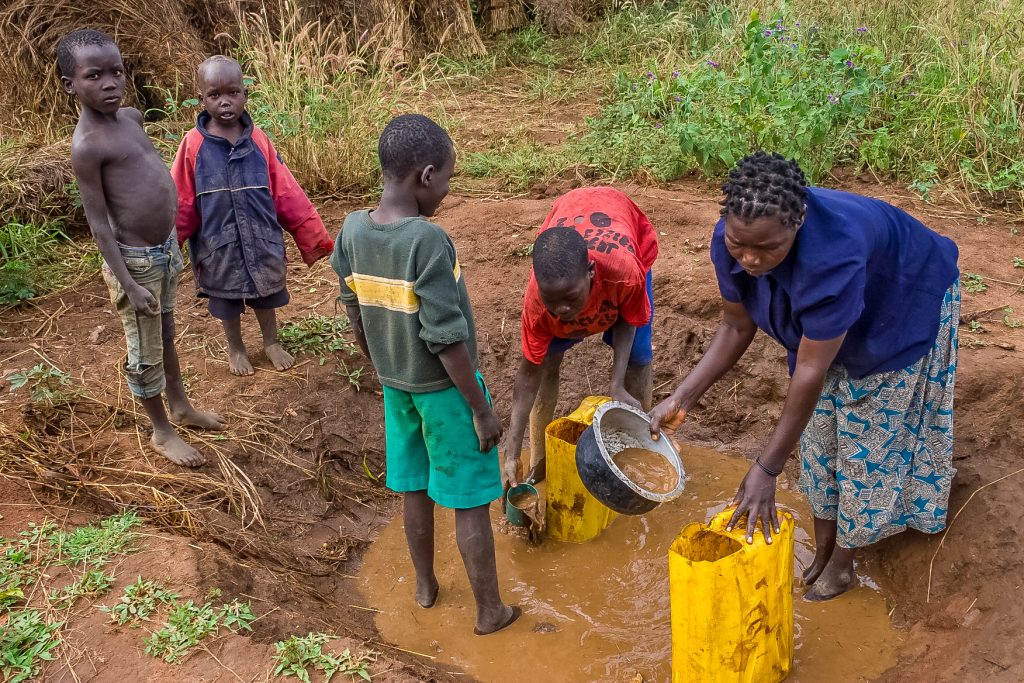We understand that not everyone can leave their family and home to work with foreign organisations. That’s why we make it easy for you to contribute your skills, wisdom and time. You can volunteer from your home or, come and visit us in Kenya and see who we’re impacting.
To date, we have assisted over 240,000 people receive clean water and sanitation facilities – EVERY DAY. We are supporting more than 170 girls in Kenya, Uganda and Rwanda to receive sanitary products and mentorship through The Girl Project
Around 2 billion people currently lack safely managed WASH (Water, Sanitation and Hygiene) services. unwater.org (2024)
Donations can be made online or via our bank accounts. You can even specify where your donation goes! When you make a donation online, you automatically get a receipt emailed to you. Remember to submit this in your annual rax return in New Zealand, Australia and the USA to receive a rebate

Copyright © 2024